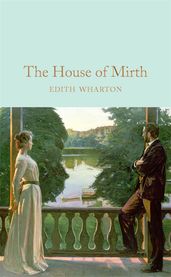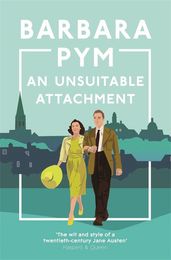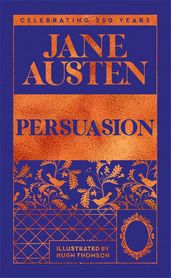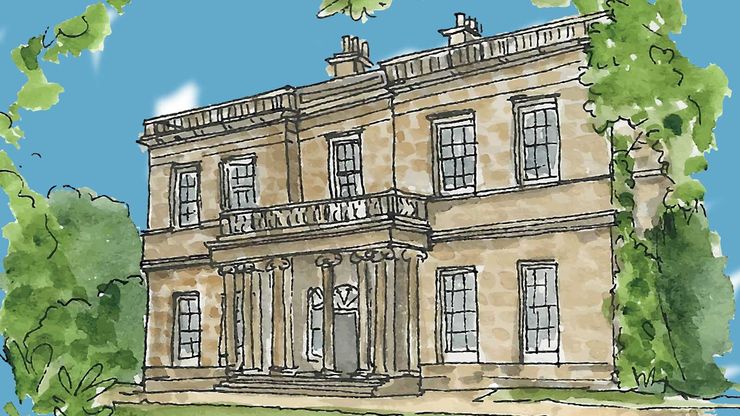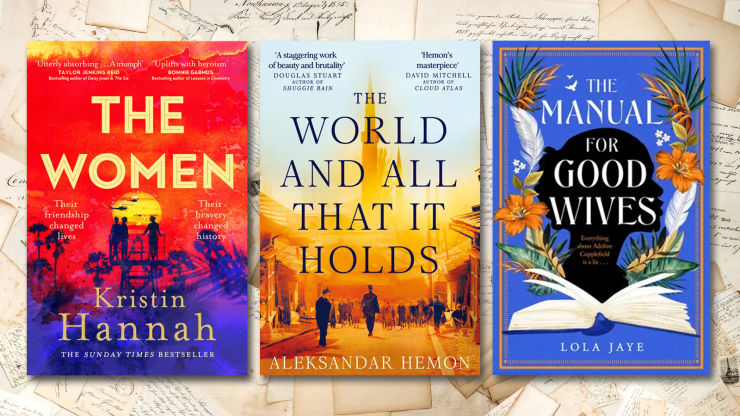Books to read if you love Pride and Prejudice
Janice Hadlow, Austen aficionado and author of The Other Bennet Sister and new novel, Rules of the Heart, recommends books that Pride and Prejudice fans will love.

It’s a tribute to Jane Austen’s genius that there’s always a slight sense of regret when you reach the final pages of Pride and Prejudice. Once it’s finished, what can you possibly read next that will deliver such a rush of utter satisfaction? One answer of course is simply to read it again – and indeed, it’s one of the very few books you can return to countless times, always finding something new to enjoy. But even Austen’s greatest fans need to vary their reading diet occasionally. So if you really loved Pride and Prejudice, here are a few suggestions for other books you might enjoy, which share some of Austen’s preoccupations and concerns, though written in very different times and circumstances from 'the little bit of ivory, two inches wide' in which her own novels always took place.
The House of Mirth
by Edith Wharton
Set in the gilded society of Old York, this too is the story of a clever woman obliged to navigate the marriage market with neither fortune nor status to protect her. Brave and vivacious, Lily Bart is determined to land the rich and powerful husband she hopes will secure her future prospects forever. She refuses to settle for anything less, and her ambitions drive her to take terrible risks. But perhaps her wit, charm and intelligence will be enough for her to succeed? Its ninety years after the events of Pride and Prejudice, but for a woman like Lily, the stakes are just as high.
Chéri
by Colette
One of the great pleasures of Pride and Prejudice is Austen's boundless fascination with the workings of the female heart, with the extraordinary agility with which women justify the choices they make for themselves in love. Colette's world is that of fin de siecle Paris, and her characters are bohemians, gay men and women, artists and writers. But they’re just as vulnerable to self deception as the respectable inhabitants of Longhorn in the stories they tell themselves about what they want from love. Cheri is the young male lover of Lea, a high class courtesan many years older than him. They’ve been together for years, telling themselves their affair is about nothing more than mutual pleasure. But when Cheri decides it’s time for him to marry, they’re forced to recognise the truth of their feelings for each other – with consequences that threaten to destroy them both.
Brooklyn
by Colm Tóibín
Austen set her great love stories in very ordinary, domestic settings, famously observing that 'two or three families in a country village is the very thing to work on.' Eilis Lacey, Toibin’s heroine, comes from a similarly small world – a little Irish town in the 1950s, where everyone knows everyone else’s business and there’s no escaping the pressure to find a husband. When Eilis fails to find the right suitor, she emigrates to New York, where she meets an American whom she thinks will do; but when she’s unexpectedly summoned back to Ireland, she’s reunited with a local man she finds disturbingly attractive. Has she made the wrong choice? And what can she do about it, in a society where all secrets come to light in the end?
The Signature of All Things
by Elizabeth Gilbert
This novel charts a nineteenth-century woman's attempts to reconcile the demands of her head and her heart. Gilbert's heroine Alma Whitaker is rich and well-connected, which ought to be advantages in securing a husband; but she's also plain, awkward and passionately interested in botany, which makes her decidedly less of a catch. She's determined to develop her intellect, to seek out a wider world beyond the confines of polite society; but she longs too for a connection with a man who will satisfy her, both emotionally and physically. When she meets Ambrose Pike, she thinks she's found him; but she's soon forced to question whether he's really the lover she deserves. And if he isn't – has she the courage not to settle for second best, but seek fulfilment in the life of the mind?
An Unsuitable Attachment
by Barbara Pym
If Pride and Prejudice is one of the most emotionally satisfying books you'll ever read, it's also one of the funniest. Austen’s sly satiric eye delights in puncturing pomposity or pulling out the rug from beneath empty pretensions. Barbara Pym has a similarly unfailing ability to skewer the monstrous self-regard of characters whose selfishness lays waste to the lives of their more timid counterparts – and to make us laugh as she does so. Like Austen, she’s also a brilliant observer of the tiny social distinctions which matter so much in circles obsessed by status. An Unsuitable Attachment’s Ianthe Broom is a classic Pym heroine, a genteel product of a grey postwar world, feelings firmly repressed, her ironic observations on those around her never spoken out loud. She’s courted by an eminently respectable suitor, but to her surprise, finds herself far more attracted to John, whose unplaceable accent and pointed shoes reveal him to be very much not a gentleman. Will she outrage everyone she knows and follow her heart? Can she ever be truly happy with a man who’ll have to buy his own furniture?
Persuasion
by Jane Austen
One of the very greatest pleasures Pride and Prejudice offers its readers is the matchless joy delivered by its happy ending. Even when you've read it over and over again, it never ever fails to please. It’s simply one of the most satisfying moments in literature and perhaps the greatest demonstration of Austen's brilliance. I can only think of one other novel whose ending offers the same degree of delight – and inevitably, Austen wrote that too. If the moment when the lovers come together is your favourite scene in Pride and Prejudice – and if you haven't read Persuasion yet – then I can only urge you to seek it out immediately. Indeed, on reading it again, I'm not sure that Persuasion’s happy ending isn't even better than Pride and Prejudice – but every reader must decide for themselves. I can only promise you that you’ll have a great deal of enjoyment concluding which you prefer.
Austen fans will also like. . .
The Other Bennet Sister
by Janice Hadlow
Mary is the plainest of the five Bennet sisters, so what hope could there be for her future? As she watches her sisters get married one by one, it seems Mary is destined to live out her life at Longbourn with only her books for company, until her father dies and the house is inherited by the reviled Mr Collins. But when that day finally comes, there might be hope for Mary after all . . .
Rules of the Heart
by Janice Hadlow
Set in an era where propriety is everything, Janice Hadlow's Rules of the Heart is a masterful and evocative portrait of eighteenth-century English society. Inspired by a real-life love affair, the novel follows Lady Henrietta Bessborough, a woman who believes she understands the rules of the game until she falls for Lord Granville, a man twelve years her junior. As their passion intensifies, Henrietta finds herself caught between what society expects and her deepest desires, a conflict that threatens to unravel her life and lead to her social ruin. Hadlow captures the nuances of a time when every step was governed by appearances, making this a powerful and absorbing read.
